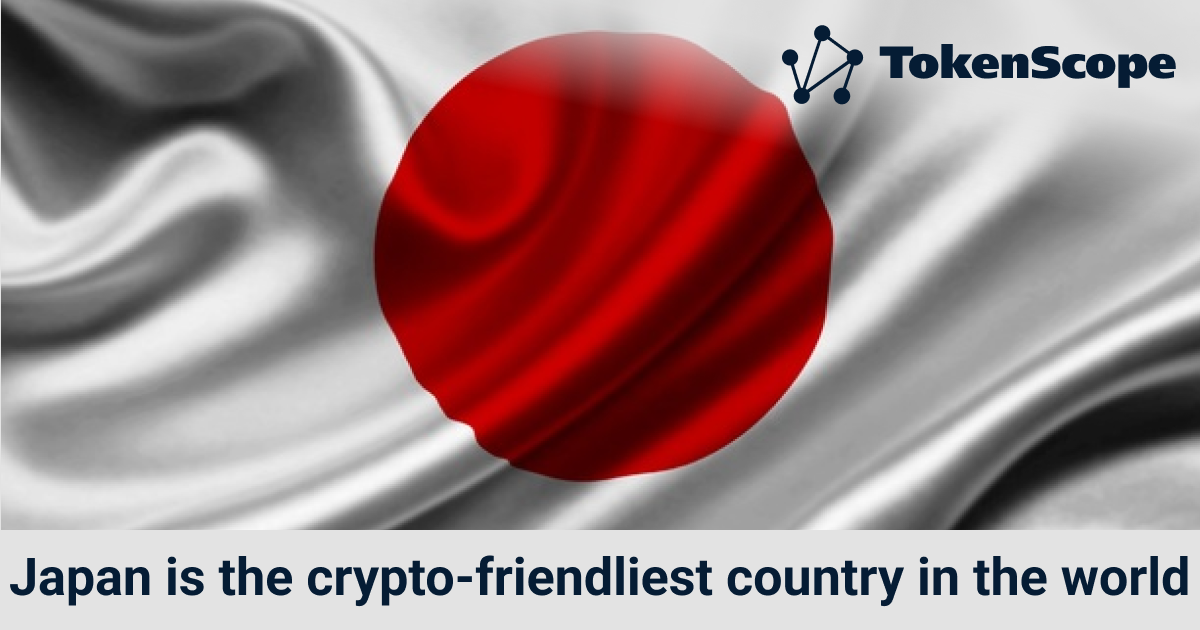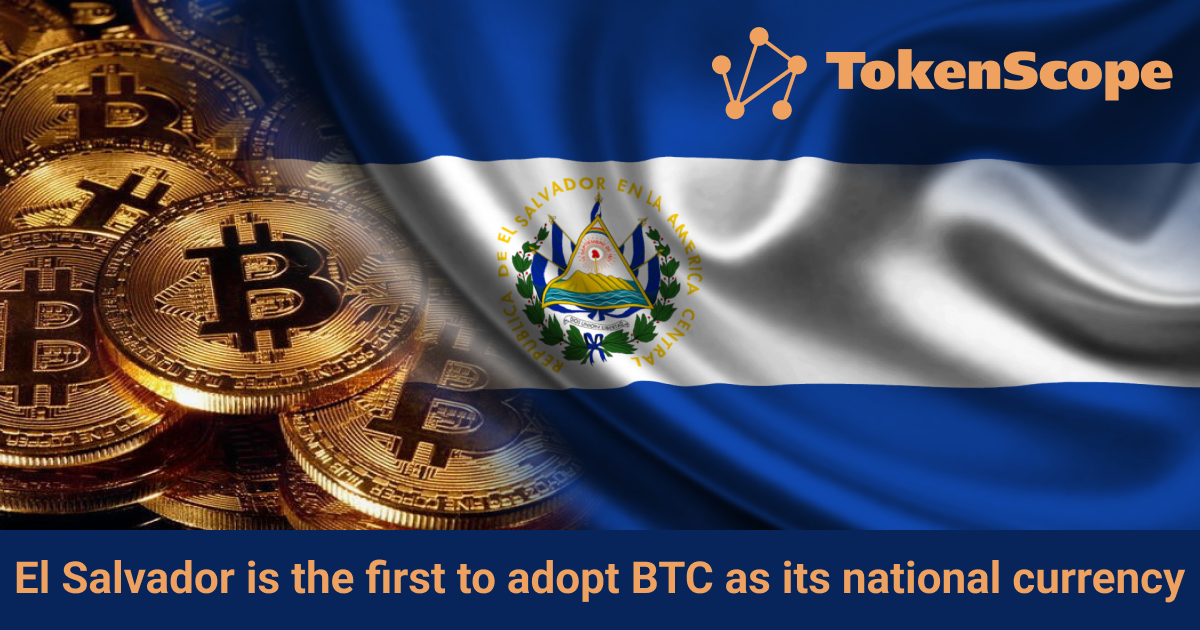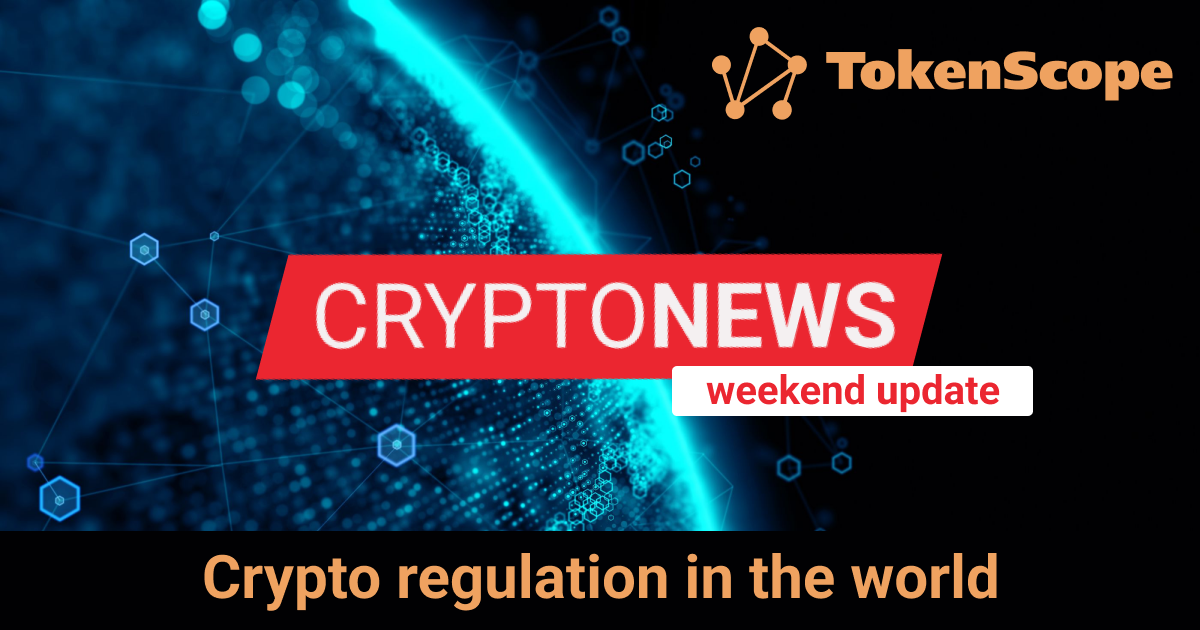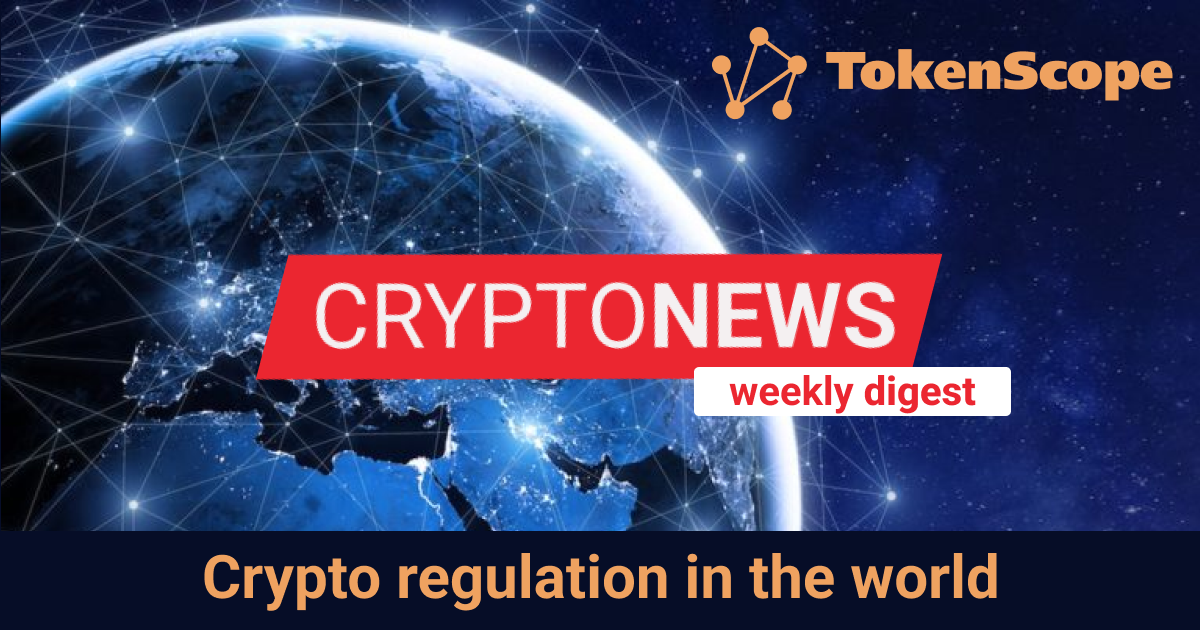Japan is the crypto-friendliest country in the world

We already mentioned that Japanese financial watchdog – the Financial Service Agency (FSA) - is going to develop legislation to allow trust banks to manage cryptoassets. The new rule could become real by the end of this year as Japanese flagship newspaper Nikkei reported.
If these plans come true Japan once again proves to be one of the most loyal and advanced regulatory framework holders for digital assets. Japan has a long history of different technological innovations including those linked to financial services as Japan is a global financial center and Japanese Yen is one of the worlds reserve currencies alongside the US dollar. The country’s regulation framework and business environment are highly favorable to blockchain technology, with numerous of crypto-business operating in Japan. The country has one of the highest adoption rates of the blockchain technology and Bank of Japan already is on its second phase of testing the national CBDC. While this experiment focuses on a consumer usage of CBDC, Bank of Japan already has also conducted experiments for a wholesale CBDC for financial institutions. As an example, in 2016 in joint project with the European Central Bank has been researched an approach to adopt distributed ledger technology for cross border payments.
By the present time Japan is considered to have the world’s most progressive regulatory climate for cryptocurrencies and recognizes Bitcoin and other virtual currencies as legal property under the Payment Services Act (PSA). Japan was the first country in the world to adopt such amendments to the financial legislation and to recognize bitcoin as a legal tender in 2017. Later the same year the FSA officially recognized cryptocurrency exchange operators as legal financial service providers which laid a solid basis for the development of future crypto environment in the country. All crypto exchanges should meet several registration requirements such as necessity to carry out KYC procedures and build a strong and secure computer system. These regulations are intended to protect investors from fraud and other abuse, while supporting financial technology innovation.
Starting 2017 the Japanese National Tax Agency had ruled that capital gains on transactions of virtual currency are considered “miscellaneous income”. Japanese crypto investors should pay a maximum of 55% tax on crypto under the Income Tax. The tax on cryptocurrency profits is higher than the around 20 percent tax levied on profits from stocks and foreign currencies, with the higher percentage tax applying to those who earn more than 40 million Yen a year. As Japan has one of the highest tax for crypto transactions talks to lower it always take place. But in June, Japan’s finance minister Taro Aso says he is opposed to reducing tax on bitcoin income to 20%, on par with stock dividends, arguing that most Japanese households find it difficult to invest in digital assets.
The harmonization of legislation continued in 2019-2020 as new registration requirements for crypto exchanges was put into force and the term “virtual currency” was widened with the adoption of the term “crypto asset”. The reform also prohibited crypto exchanges to mix user funds with their own and obliged to use trusted third-parties who use cold storage. Crypto custodians were recognized as virtual assets service providers and were brought under FSA’s oversight.
The FSA is not only one supervisory body for crypto business in Japan. In 2018 the Japanese Virtual Currency Exchange Association (JVCEA) – a self-regulated organization was launched to assist in regulation for cryptocurrencies and, later, in 2020 the Japan Security Token Offering Association (JSTOA) was recognized by the FSA to help regulate STO and ICO projects.
The base law for digital assets - the Payment Services Act defines Exchange Providers as legal entities that carry out crypto-asset exchange services such as sale, purchase and exchange of crypto assets, management of customer's digital assets, brokering and so on. Japanese legislation fully complies with FATF AML/CFT requirements, and all crypto exchanges are obliged to be registered entities. In 2021 to further comply with the FATF regulatory framework the FSA issued a Request for Notification of Originator and Beneficiary Information upon Crypto Assets Transfer that concerns the implementation of the FATF travel rule in Japan.
The development and adoption of Japanese crypto regulation in 2017 was an answer to Mt.Gox hack that revealed diverse vulnerabilities of this services for regular customers. Mt. Gox was a Tokyo-based cryptocurrency exchange that operated between 2010 and 2014, was hacked in 2104 and thousands of Bitcoins were stolen. In 2014 the FSA established a study and working group to investigate the sophistication of payment and settlement operations in Japan, which concluded in 2015.
In 2022, once again, Japan is the first to introduce the landmark law to provide legal status of stablecoins. The law was presented not late after a shocking collapse of Terra coin, which triggered debates around the world whether stablecoins should be regulated or banned. The FSA argued that “a higher level of regulatory discipline” was required for instruments with such significant potential impact on financial stability. As a result, the Japan’s parliament passed a bill that defined stablecoins as digital currencies, that should be mandatory linked to the Yen and enshrined the right to redeem them at face value. The legal structure will come into effect in 2023, as the FSA will additionally clarify the rules for stablecoin issuers in the coming months.
Japan’s example shows us clearly that the appropriate regulation not only opens the door to the development of the whole industry but also makes it safer and easy to understand. However, no matter what laws are adopted, one should not forget about the necessity to conduct a risk assessment in case there is an intention to invest in any of the variety of crypto-assets.
Successful investments in cryptocurrency projects and don't forget to check addresses for risks, it can help to save your funds! You can also report us any cases related to fraudulent cryptocurrency addresses and the considered risks at TokenScope via «Reporting a cryptocurrency address» form. This will help to protect other users from the risks of interacting with such addresses and their owners.




